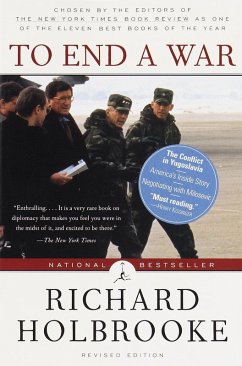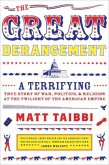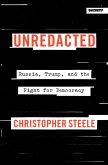When President Clinton sent Richard Holbrooke to Bosnia as America's chief negotiator in late 1995, he took a gamble that would eventually redefine his presidency. But there was no saying then, at the height of the war, that Holbrooke's mission would succeed. The odds were strongly against it. As passionate as he was controversial, Holbrooke believed that the only way to bring peace to the Balkans was through a complex blend of American leadership, aggressive and creative diplomacy, and a willingness to use force, if necessary, in the cause for peace. This was not a universally popular view. Resistance was fierce within the United Nations and the chronically divided Contact Group, and in Washington, where many argued that the United States should not get more deeply involved. This book is Holbrooke's gripping inside account of his mission, of the decisive months when, belatedly and reluctantly but ultimately decisively, the United States reasserted its moral authority and leadership and ended Europe's worst war in over half a century. To End a War reveals many important new details of how America made this historic decision. What George F. Kennan has called Holbrooke's "heroic efforts" were shaped by the enormous tragedy with which the mission began, when three of his four team members were killed during their first attempt to reach Sarajevo. In Belgrade, Sarajevo, Zagreb, Paris, Athens, and Ankara, and throughout the dramatic roller-coaster ride at Dayton, he tirelessly imposed, cajoled, and threatened in the quest to stop the killing and forge a peace agreement. Holbrooke's portraits of the key actors, from officials in the White House and the Élysée Palace to the leaders in the Balkans, are sharp and unforgiving. His explanation of how the United States was finally forced to intervene breaks important new ground, as does his discussion of the near disaster in the early period of the implementation of the Dayton agreement. To End a War is a brilliant portrayal of high-wire, high-stakes diplomacy in one of the toughest negotiations of modern times. A classic account of the uses and misuses of American power, its lessons go far beyond the boundaries of the Balkans and provide a powerful argument for continued American leadership in the modern world.
Dieser Download kann aus rechtlichen Gründen nur mit Rechnungsadresse in A, B, BG, CY, CZ, D, DK, EW, E, FIN, F, GR, HR, H, IRL, I, LT, L, LR, M, NL, PL, P, R, S, SLO, SK ausgeliefert werden.









